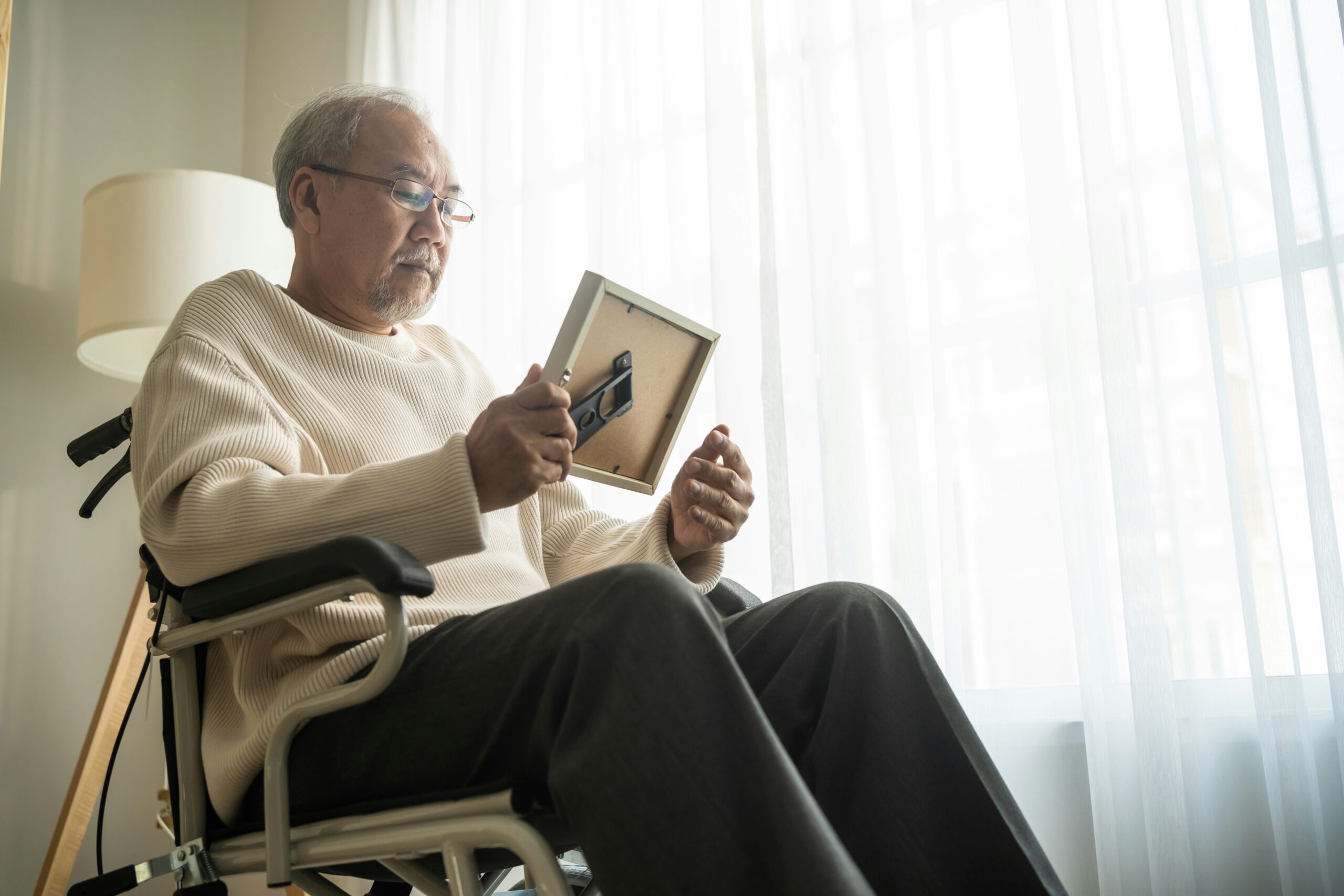When I lost my mom, I experienced a rollercoaster of emotions and at times it felt like it was endless. I was no stranger to digestive complaints, but everything seemed on overdrive. At first I felt shock, disbelief, disconnected, and a deep sense of emptiness. But as time continued, I also noticed something else: physical symptoms. My appetite changed, and I often felt tired or like my head was in a dense fog. It was no surprise to me that grief was beginning to have a significant impact on my physical health.
The physical symptoms of grief
Many people report experiencing a range of physical symptoms while grieving, such as:
- Appetite changes: Loss of appetite or overeating
- Unexplained headaches or pain
- Digestive issues
- Sleeping problems: Insomnia or excessive sleepiness
- Unexplained fatigue
It’s important to remember that these symptoms are real and not imaginary. When you lose someone you love, your body goes through a period of heightened stress. The grief that follows loss is a complex emotion that can manifest itself both emotionally and physically. This can lead to a variety of physical symptoms, even if you’re not consciously aware of them. If you’re currently experiencing physical symptoms along with grief or feeling worried about your health, it’s a good idea to talk to your doctor. Many primary physicians can also help you with mental health concerns and offer support on finding options that work best for you. Remember, your mental health is just as important as physical health.
Tips for coping with physical grief symptoms
- Prioritize sleep hygiene: Turn off screens like TVs and phones before bed, create a relaxing sleep environment, and establish a consistent sleep schedule to help your body and brain prepare for bedtime.
- Nourish your body: Focus on eating nutrient-dense meals and snacks whenever possible. Consider consulting with a registered dietitian for personalized guidance if you need support.
- Find ways to move: Even a short walk can make a big difference. Explore activities that you enjoy, such as yoga, swimming, gardening, or dancing.
- Create a soothing environment: Make your space comfortable and relaxing. Use soft lighting, candles, or any items in your space that make you feel comforted.
- Lean on healthy coping mechanisms: Explore activities that help you relax and reduce stress such as spending time out in nature.
- Seek support: Talk to friends, family, or a therapist about your feelings. Joining an in-person or virtual support group can also be helpful.
Remember, grief is a journey. It’s your journey. There’s no right or wrong way to experience it.
Grief doesn’t only impact your mental wellbeing
Grief is a heavy burden to carry, and it’s not often just a mental one. The mind and body are interconnected, and our emotional state can significantly affect our physical health, and vice versa. Don’t overlook the physical symptoms of grief if. They can show up early on, or even a year or more after the loss. It’s easy to dismiss them when you’re dealing with so much emotional pain, but recognizing and addressing these symptoms can help you heal more fully.

Summer West
I’ve experienced grief personally and know how difficult it can be to carry alone. Joining the Embrace Your Grief project is my way of giving back by destigmatizing grief and shedding light on topics that often go unspoken. I want to help create a safe space where people can feel comfortable being themselves and sharing their stories.








Leave a Comment